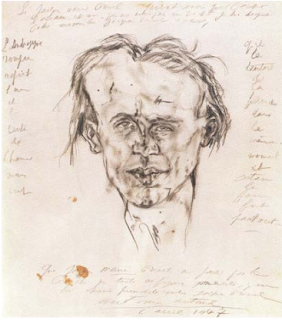Cicle de Seminaris “Narratives de la malaltia”

Des del 2 de desembre de 2020 fins al 27 de gener de 2021 Lloc: Institut Interuniversitari López Piñero/Universitat de València (Online a través de la plataforma Blackboard Collaborate) Coordinadors: Enric Novella (Institut Interuniversitari López Piñero, Universitat de València) i Inmaculada Hurtado (Universidad CEU-Cardenal Herrera) En els últims anys assistim a un creixent interès cultural per les narratives de la malaltia i a una autèntica eclosió de la literatura autobiogràfica centrada en l’experiència de les més diverses dolències físiques o mentals i en les vivències personals desenvolupades en institucions assistencials com hospitals, manicomis i tota mena de consultes mèdiques. En sintonia amb aquesta efervescència, l’anàlisi etnogràfic d’aquestes qüestions ha experimentat un notable impuls i ha permès, d’una banda, posar de relleu realitats de diferent ordre (polític, social, econòmic, etc.) implicades en l’articulació de l’experiència de la malaltia i, d’un...